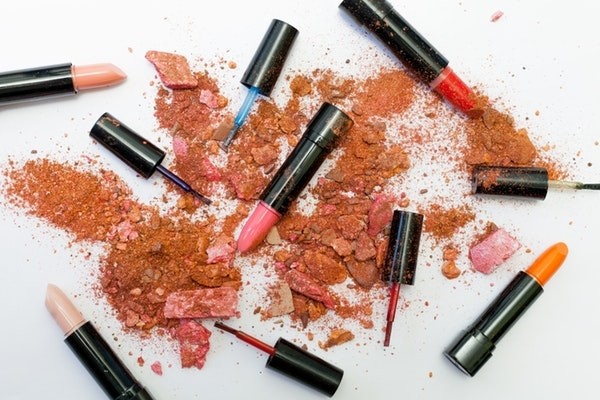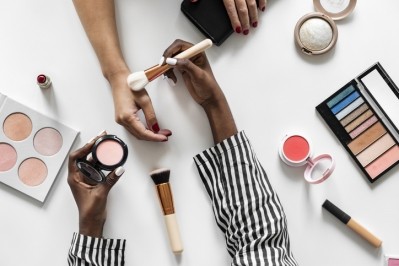UK boasts £28.4 bn beauty product and services industry, report reveals

The UK’s beauty industry contributed a total of £28.4 billion in 2018 to the nation’s economy; resulting in a valuation of the UK’s consumption of beauty products and services in 2018 at £27.2 billion.
Exploring the economic impact of the beauty industry, The Oxford Economics Report highlighted how the mega-billion figure was comprised. The largest proportion of this share was generated from care and maintenance product buys, which stood at £10.4 billion. Personal enhancement products comprised £8.7 billion of the total sales and beauty services amounted to a total spend of £8.0 billion in the UK.
The “demand and innovation has put the beauty sector at the heart of the UK economy, while also establishing a major cultural footprint”, the British Beauty Council, commented. The modern beauty market comprises everyday essential items coupled with premium products and personalised beauty services.
The British Beauty Council report is the first comprehensive and collective guide that delves into quantifying how the beauty industry contributes to the country's economy. With no clear and determined definition of what the beauty industry looks likes, it restricts the public’s knowledge of the sector to the UK economy and its ability to promote its presence as a single entity.
Beauty contribution
Half of the total economic impact, £14.2 billion, came from the beauty industry itself, otherwise known as the ‘direct’ impact. What this statistic indicates is that the organisations making up this number emanate from retailers, wholesalers and specific beauty advertisers that fall within the beauty industry definition.
The beauty industry’s domestic supply chain, otherwise known as the indirect impact, contributed an additional £5.9 billion to UK GDP. A further £8.4 billion was ploughed into the nation's economy by beauty industry employees or team members belonging to the supply chain. Known as the ‘induced’ impact, these individuals then re-injected their salaries back into the consumer economy.
Subsequently, beauty’s total contribution to the UK economy supported 590,500 jobs in 2018. One in every 60 jobs in the UK economy therefore belong to the beauty industry.
The report’s findings also delved into the beauty industry’s impact on UK tax revenues in 2018, and established that the sector supported £7.0 billion in 2018 of tax revenues. The figure is equivalent to the combined salaries of 250,000 nurses and midwives.[1]
Influencing the growth of the beauty industry
With its key contribution to the overall economic market, interest and curiosity revolves around what it is about the beauty sphere that its power in the consumer market.
So, what’s driving beauty success in the UK?
1. Education
Acquiring new skills among employees through training and development is boosting the UK’s production potential. Brands are also finding novel, exciting and engaging ways to interact, connect and build target audiences.
A total of 65,550 people gained beauty-related vocational qualifications in 2018, with the majority of these earned in the hairdressing segment (24%) and multidisciplinary beauty courses (23%). Students also opted for beauty-related degrees at university in 2018, with 1,305 people completing courses and focusing on make-up related areas.
2. Creative influences
The arts, digital marketing and pop culture are also opening up new channels and forms of communication for beauty brands and consumers. Beauty influencers maximising this approach through popular social media channels including Instagram and Facebook have strong brand power and global reach.
[1] The median annual wage for nurses and midwives in 2018 was £28,163. ONS, (2018), ‘Earnings and hours worked, occupation by four-digit
SOC: ASHE Table 14’, 25 October 2018.




















